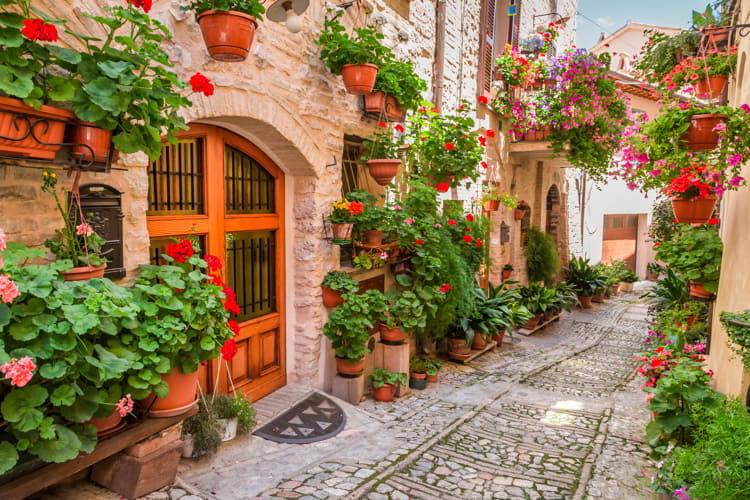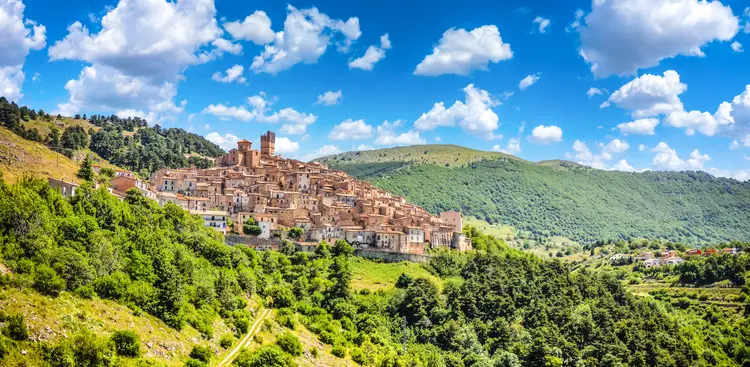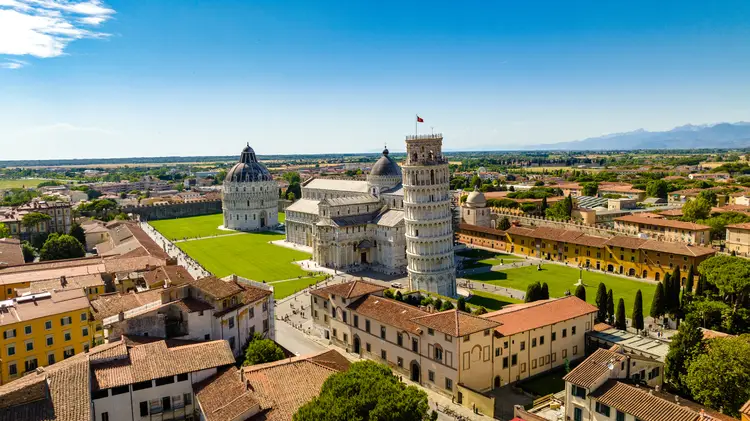Italy Economy, Industry and Trade
If you’re considering relocating to Italy for work, business or retirement, you’re probably interested in the state of the Italian economy.
Although Italy is a highly-developed, modern economy, it has had its share of economic ups and down.
To make the most of life in Italy, familiarity with the country’s economic history and current forecasts are important for any potential expats.
Economy of Italy at a Glance
Along with Germany and France, Italy is one of the founding countries of the European Union, which today boasts the world’s largest economy in GDP terms.
Italy itself is the third-largest economy in the EU and the eighth largest in the world by nominal GDP.
Thanks to its traditionally strong economic position, Italy is a prominent member of the G8, the G7, the World Trade Organization and the OECD.
Also one of the world’s exporters, Italy’s closest trading partners are the other EU countries (59% of trade).
The United States is also a major trading partner, accounting for 6.8 percent of the overall market share.
The economy of Italy is now Europe’s second-largest center of manufacturing, with a prominent role for medium and small companies producing high-quality consumer goods for export.
Other major industries include machinery, chemicals, textiles and fashion design, automobiles and appliances. The agricultural sector is still strong, and Italy remains Europe’s largest producer of wine. Tourism is also an important source of revenue.
Despite some economic difficulties in recent years, you’ll find that the economy in Italy continues to provide a high-level standard of living.
Surveys by The Economist and others give the country a very high quality of life rating across several measures, and Americans and other Europeans consider Italy a top choice for relocation.
Basic Statistics (2016)
- Italy GDP: $1.852 trillion
- Italy GDP growth rate: 0.8 percent
- Inflation rate: -0.2%
- Gross national saving: 18.8% of GDP
- Labour force: 25.7 million services (68 percent), industry (28 percent), agriculture (four percent)
- Unemployment rate: 11.7% (2017)
- Average salary: $23,260/year
- Exports: $514 billion
- Imports: $372.2 billion
- History and Present Prospects
After Italian unification in 1871, the country experienced a distributed and difficult industrialization and modernization process. Major industries were initially located only in the regional capitals and in the northern and central regions. The northeastern and southern areas of the country, by contrast, were still entirely agriculture and very impoverished. Thus, these regions provided the millions of Italian immigrants who left for North America and elsewhere in this period
The Mussolini era saw extreme government control over many areas of the economy. By the end of World War Two, per capita income was at a very low level. However, the postwar period saw a major recovery and the “Italian Economic Miracle.” Italy’s favorable position in Europe and its large, skilled labor force lead to record growth and established Italy’s reputation as an industrial powerhouse.
Since the 1970s, political and economic difficulties have led to slow growth, with rates eventually falling below the EU average. The 2008 recession hit Italy especially hard, and Italy economy problems now include high unemployment, a poverty rate of 5.7 percent and a public debt of 132.5 percent of GDP.
The Italy economy today remains one of the largest European economies, but these Italy economy problems continue to make prospects for increased growth problematic. On the other hand, investor worries about Italy have decreased since 2013 and there are prospects for improvement. Major targets of reform today include combating tax evasion and increasing the efficiency of the labor market.
Today’s Economy in Selected Italian Regions
Italy’s economy has both high diversification and significant regional divisions. The traditional divide between the industrialized and developed north and the agricultural south is still a part of the Italian economic landscape. The following examples indicate some of the amazing economic diversity you will find in Italy’s various regions.
Abruzzo
Abruzzo has long been a part of Italy’s neglected agricultural south, but today it has begun an upward climb and is at the center of a lot of attention from abroad. A half-century of steady growth has made Abruzzo the economic capital of central Italy. Per capita GDP is now closer to the rest of the country.
In agriculture, Abruzzo is most famous for its wines, particularly the world-renowned Montepulciano varieties. The region also produces olives and other products for export and the internal market. The industrial sector has grown steadily the 1950s, including important engineering and telecom enterprises.
Tourism is also a large source of revenues despite difficulties from the 2009 earthquake. Abruzzo attracts significant numbers of visitors. If you’re considering relocation to Italy for retirement or as a place to start a business in tourism or agriculture, Abruzzo should top your list of prospects.
Milan
The industrial and financial capital of Italy, Milan and its region alone account for nine percent of the country’s GDP. Long a major center of manufacturing, Milan is famous for its automobile industry and other industrial products.
Since Milan is also a center of the IT industry and major media companies, expats seeking to enter the tech start-up world should look closely at the city. Milan is also famous for its fashion industry and is the center of the Italian financial world. Other major economic movers in Milan are the service industry and tourism.
Rome
Rome is both the center of Italian political life and a powerful economic force in Italy.
Accounting for 6.7% of the country’s GDP, today’s Rome also boasts record-low unemployment rates.
Growth rates are high, and the service sector dominates the economy. With its ancient architecture and its prominent national institutions, major universities and world-class research center, Rome has a very different economic profile than industrial Milan or the country’s agricultural regions.















 . '
. '
 . '
. '
 . '
. '
 . '
. '
 . '
. '







